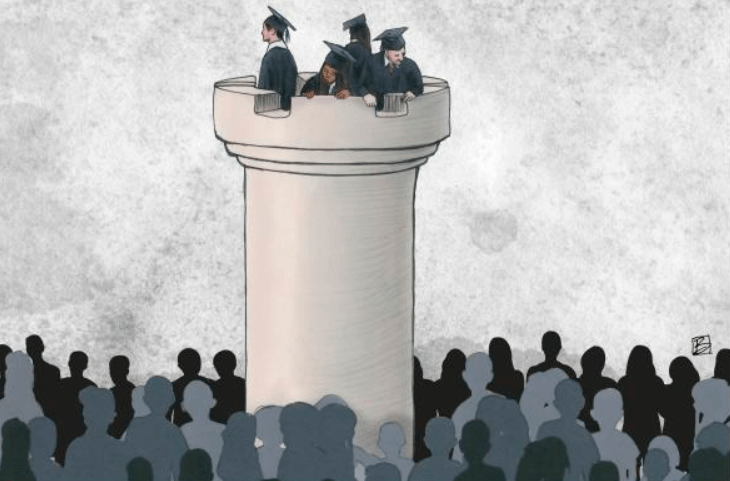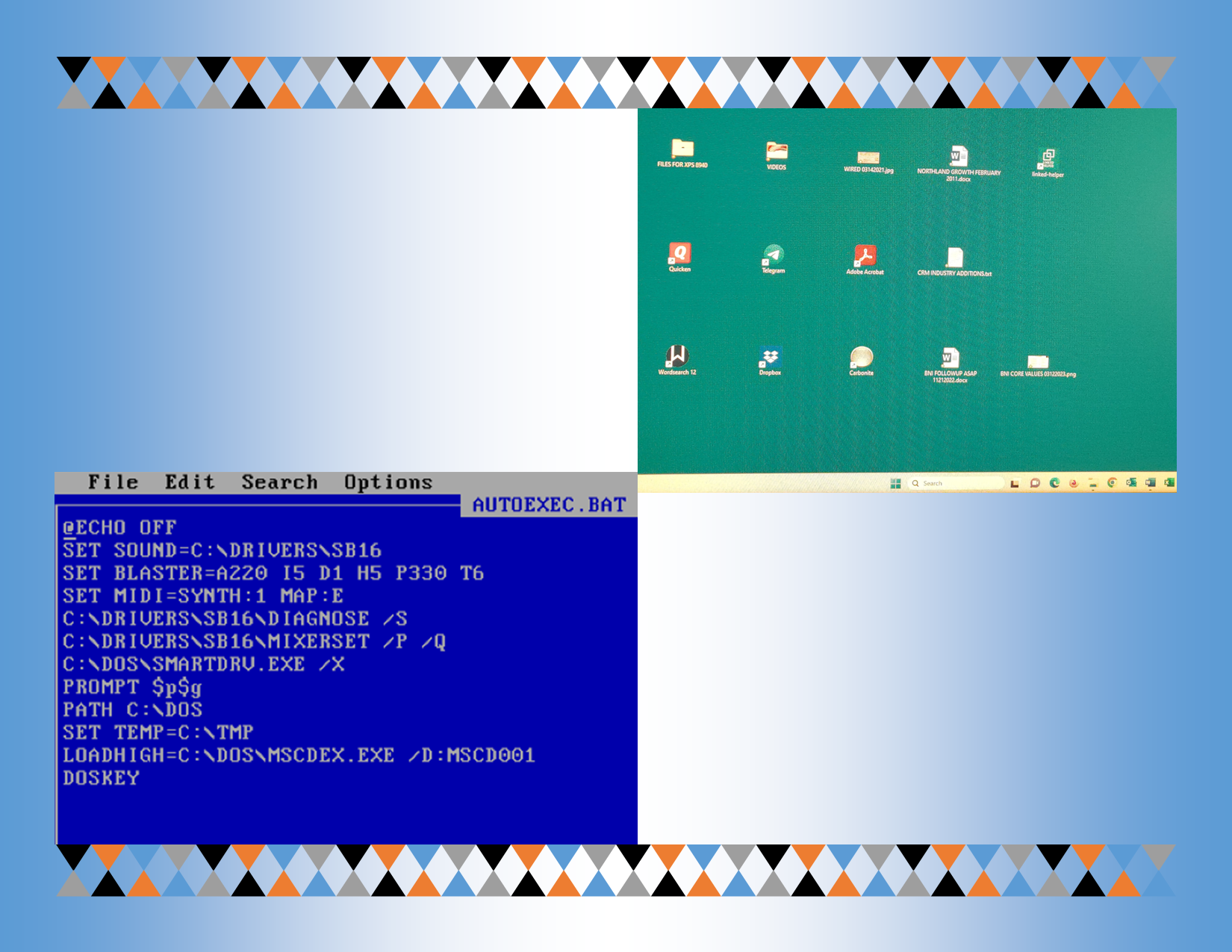ENTRY LEVEL’S BENEFITS
When Bill Simon was Walmart’s CEO, he defended low-paying jobs in the retail sector by emphasizing that these jobs are the initial step in many people’s careers (“Quoted” Bloomberg Businessweek
1/21/13–1/27/13, p. 21):
“ Just about everyone started out in an entry-level job. I did, and I bet you did. My first job was as a dishwasher in a restaurant for $2.10 an hour. It wasn’t a great job, but it was a great first job.
”
My first job was as a hospital janitor for $2.14 per hour. That was a pretty good wage for a high school kid back in the day, especially considering minimum wage at the time was around $1.65 per hour. So, although Simon’s statement makes me chuckle, more importantly I love Simon’s statement for four reasons:
1—No Free Lunch.
Especially for teenagers and others new to the workforce, Simon’s statement reminds us that the proverbial free lunch is a mirage. Anything of value in this world will be things for which you work. (Granted, occasional providential gifts arise, but that is not the norm.)
2—Start Means Start.
An entry-level job is exactly that—entry level. It is where you start. Whether you remain there is largely up to you. Nevertheless, we all have to start somewhere, and for most of us that means entry level.
3—Opportunity Abounds.
By virtue of working an entry-level job, you quickly realize many additional opportunities exist for those with special skills, training, experience, ambition, and education. This results in a mindset transformation from “I’m stuck in this entry-level job” to “Wow! Look at all the cool things I can do with my future!”
4—Incentives Are Good.
While I do believe the love of money is the root of all evil, I also believe money must be acquired and managed well so we may accomplish those things we are called to accomplish. Therefore, money itself to a certain extent is a direct incentive because it enlarges our ability to accomplish, which is the ultimate incentive.
I understand many people like to bemoan and mock entry-level jobs. It’s about time we recognize their value and benefits. And since it doesn’t appear we have yet arrived at Edward Bellamy’s socialist utopia (Looking Backward: 2000–1887) where everyone makes the same wage regardless of occupation, entry-level jobs are here to stay. I appreciate them for what they built into my life, and for what they built into the lives of millions of workers.











